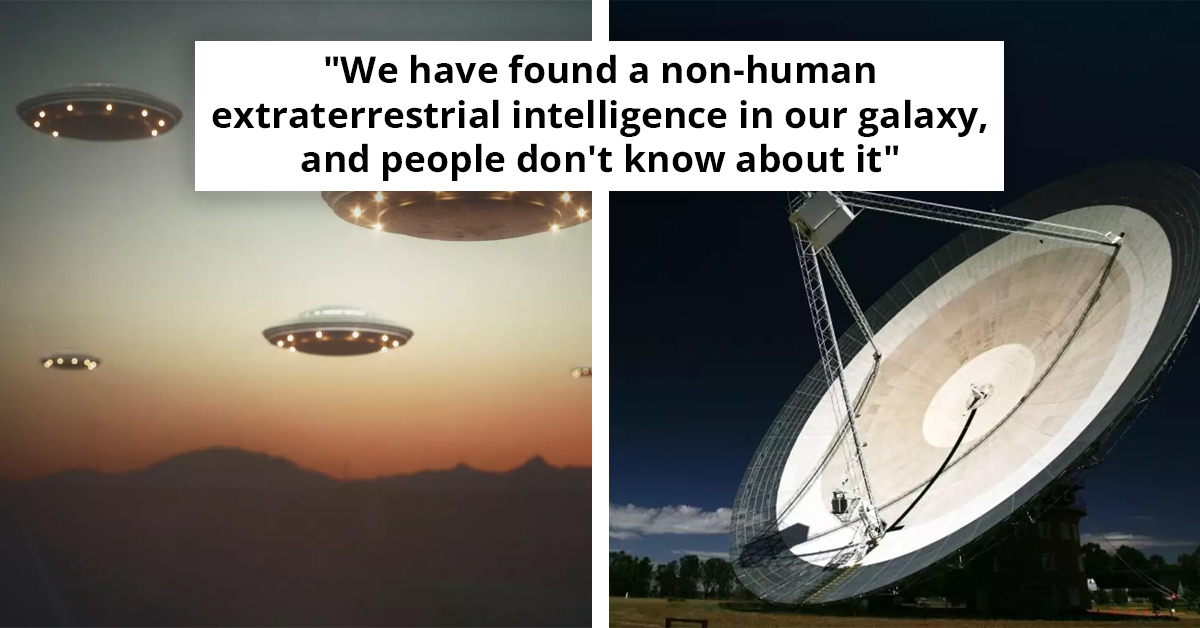
Clearest Asteroid Photo Ever Captured Leaves Viewers Unnerved By Eerie Darkness Of Space
This incredibly clear image of asteroid Ryugu has people talking—but it’s not just the asteroid that’s unsettling. The pitch-black void of space is giving viewers chills!

A recently captured, incredibly clear image of the asteroid Ryugu has left many people both fascinated and unnerved. This rare up-close photo of the asteroid, one of the clearest ever taken, provides a detailed look at its rocky, barren surface.
Ryugu, classified as a near-Earth asteroid, holds scientific importance due to its carbonaceous composition, which could offer insights into the origins of life on Earth. But while the asteroid itself is fascinating, it’s the dark, endless void of space surrounding it that has sparked unease among those who’ve seen the image.
The asteroid was photographed as part of a mission to study its structure and composition. Ryugu is considered a Cb-type asteroid, meaning it has a dark surface and is believed to contain water-rich and carbon-based materials.
These elements are crucial for scientists studying the early evolution of our solar system and understanding how planets, including Earth, formed. NASA has emphasized the significance of Ryugu, noting that studying asteroids like it could help unlock mysteries about the building blocks of life.
Despite its scientific value, however, the image’s stark portrayal of the asteroid floating in pitch-black space has left many viewers unsettled.
The photo shared widely on social media, shows Ryugu in stunning detail, with its jagged edges and rough terrain clearly visible. However, what captivated—and terrified—many viewers was not the asteroid itself but the surrounding emptiness.
The image reveals the asteroid floating in an infinite black void, highlighting just how dark and empty space can be.
Many people expressed their discomfort online, noting that the picture gave them a sense of existential dread. The idea of an endless, lightless expanse stretching out in all directions is a chilling reminder of the vast unknown that lies beyond our planet.
Several social media users pointed out that while we see a sky full of stars from Earth, astronauts have often described space as overwhelmingly dark when viewed up close. One Twitter user commented, "The black is more interesting than the rocks... It's just eternal, endless darkness."
Another shared their confusion, saying, "So weird that when you look up at night, you see all the stars, but astronauts say it’s pitch black when they are in space. I don’t get it." This contrast between our comforting view of the night sky and the unsettling reality of space left many grappling with a newfound sense of cosmic isolation.
Ryugu, with its diameter of about one kilometer, orbits close enough to Earth to be classified as a potentially hazardous asteroid.
This makes it an object of intense study, as scientists are interested not only in its composition but also in understanding the potential risks it could pose to our planet in the future. Asteroids like Ryugu, which are made up of clay, silicate rocks, and metals such as nickel and iron, are crucial for learning more about the early solar system.
Yet, despite the wealth of scientific knowledge that can be gained from such asteroids, the eerie atmosphere of this particular photo has overshadowed these insights for many viewers.
 Getty Stock Image
Getty Stock ImageThe unsettling nature of the photo taps into a fundamental fear of the unknown, a feeling that has been explored in both science and science fiction for decades.
The image evokes a sense of isolation that astronauts themselves have experienced. Michael Collins, the Apollo 11 astronaut who orbited the dark side of the Moon while his crewmates Neil Armstrong and Buzz Aldrin descended to the lunar surface, once described the experience of being the most isolated human in the universe.
For 48 minutes, as Collins passed around the far side of the Moon, he was completely cut off from Earth, radio signals, and all human contact. Yet, instead of feeling lonely, Collins spoke of feeling calm and content, describing the moment as one of "satisfaction" and "exultation."
For most Earth-bound viewers, however, the blackness in the photo of Ryugu evokes a different kind of feeling—one of awe mixed with unease. The sheer vastness of space, with its cold, dark, and empty expanse, leaves many reflecting on humanity’s small place in the universe.
While Ryugu itself is an important scientific discovery, the haunting darkness around it serves as a powerful reminder of just how little we truly know about the cosmos.







